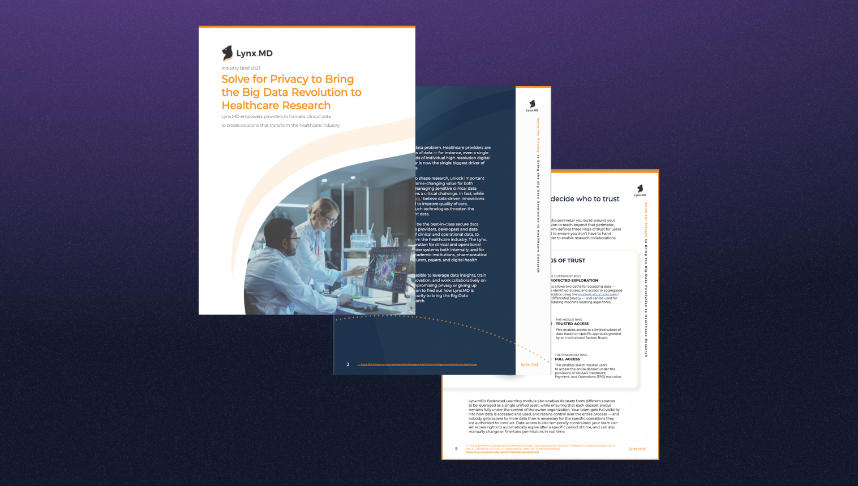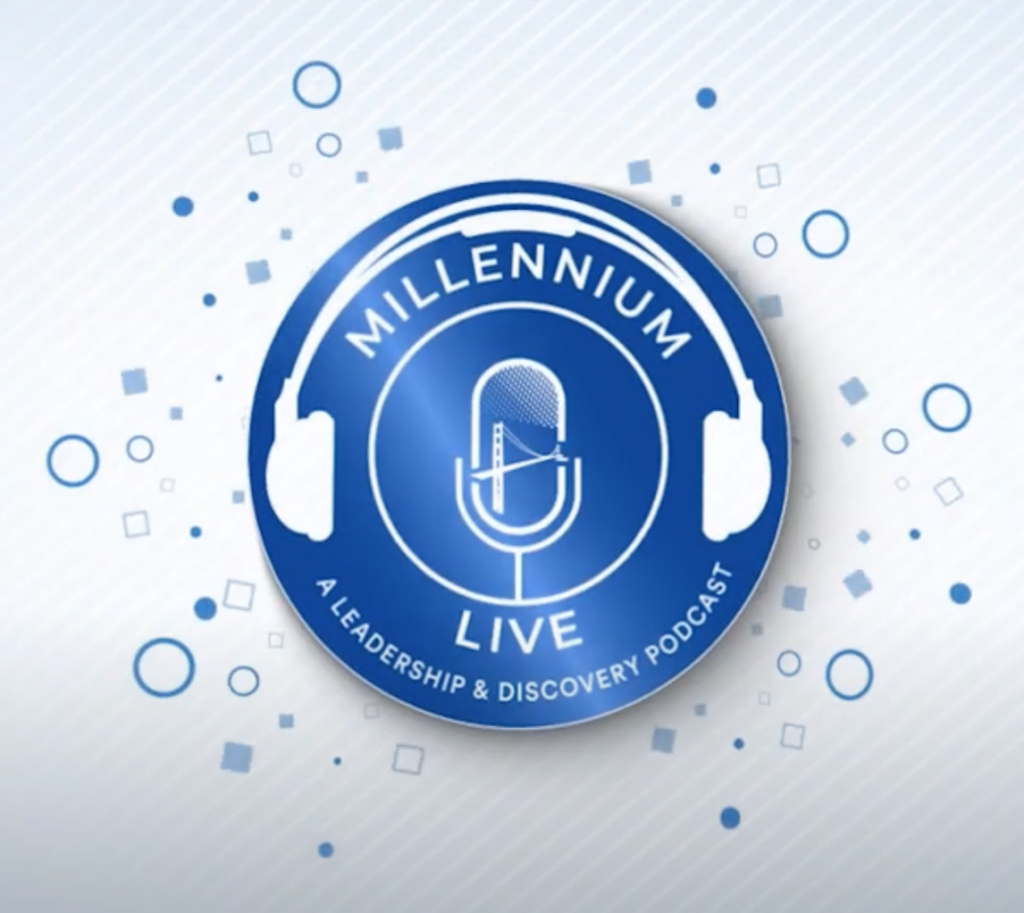In the past month, both The Wall Street Journal (WSJ) and Reuters shed light on a critical but often overlooked hurdle in the race for artificial intelligence (AI) advancement: data acquisition. Artificial intelligence, across all industries, is facing a silent crisis: a lack of the fuel that propels progress – real-world data.
While the allure of “Big Data” has dominated headlines for years, the focus has often been on quantity, not quality. The reality is, AI models are only as good as the data they’re trained on. Biases, inaccuracies, and incomplete information within datasets can lead to flawed models that perpetuate existing problems or create entirely new ones.
The stakes are particularly high in healthcare, MedTech, and Life Sciences. Here, AI is poised to revolutionize diagnostics, therapeutics, and personalized medicine. However, without substantial real-world data (RWD) healthcare data – information collected during routine patient care, labs, notes and imaging – these advancements could falter.
RWD: The Missing Ingredient in Healthcare AI
Imagine developing a revolutionary Colorectal cancer treatment model, only to discover later that it performs poorly for specific patient demographics because the training data lacked sufficient representation. This is a very real possibility without RWD.
RWD offers a wealth of insights beyond the controlled environment of clinical trials. It captures the complexities of real-world medical practice, including patient adherence to treatment plans, unforeseen side effects, and interactions with other medications. This comprehensive picture is crucial for developing robust, generalizable AI models in healthcare.
Here’s how RWD empowers AI in healthcare:
- Model Development: RWD provides a vast training ground for AI algorithms, allowing them to learn from the nuances of real-world medical scenarios.
- Health Equity: One of the key shortfalls of AI, as we’ve recently seen in areas outside of healthcare is bias. In healthcare, this problem is amplified by the small number of examples representing each condition, and the unique characteristics of every patient in a given population. By tapping into orders of magnitude more data when compared to clinical trials, RWD helps identify and address disparities in AI in healthcare, as well as access and treatment outcomes for different populations. By feeding this rich data into AI models, we can develop solutions that promote equitable healthcare delivery.
- HEOR Research: Health Economics and Outcomes Research (HEOR) utilizes RWD to evaluate the cost-effectiveness and real-world impact of new treatments. This data is essential for ensuring AI-driven healthcare solutions are not only effective but also financially sustainable.
Addressing the RWD Challenge
The road to unlocking the full potential of RWD in AI for healthcare is not without obstacles. Data privacy concerns, fragmented healthcare systems, and the lack of standardized data collection formats are all significant hurdles.
Here are some key steps to overcome these hurdles:
- Privacy-Preserving Technologies: Implementing techniques like anonymization and trusted research environments can significantly reduce the risk to patient data and patient privacy while enabling data utilization for AI development.
- AI-Based Data Standardization: Garbage-in, garbage-out as is widely claimed. That said, the massive investment into data standardization as it applies to claims doesn’t apply to precision medicine and advanced research, these require different approaches. And the attempt to standardize data collection will always fall short of the data needed for cutting edge analysis. Advanced data cleanup methods, made possible by AI, are here to help.This is a real opportunity to use quality data by leveraging AI to reduce the high operational cost in data collection.
- Collaboration: Fostering collaboration between healthcare providers, researchers, and AI developers is crucial for creating a robust RWD ecosystem.
The Crucial Role of Responsible Data Sharing
However, unlocking the full potential of RWD in AI for healthcare requires going beyond simply acquiring data. Responsible data sharing practices are essential for harnessing the power of RWD while safeguarding patient privacy and trust. Here’s why responsible data sharing is essential for unlocking the potential of RWD in healthcare AI:
- Privacy and Trust: Responsible data sharing practices ensure that patient-provider trust is maintained. Techniques like anonymization and pseudonymization can be used to protect patient identities while allowing data utilization for AI development.
- Data Quality and Transparency: Responsible data sharing frameworks emphasize data quality and transparency. Data sources and collection methods are clearly documented, allowing researchers and developers to assess potential biases or limitations within the data.
- Collaboration and Innovation: Responsible data sharing fosters collaboration between healthcare institutions, researchers, and AI developers. Secure data repositories and data access protocols can facilitate joint research efforts and accelerate innovation in healthcare AI.
The Future of AI in Healthcare Depends on Real-World Data
The potential of AI in healthcare is undeniable. However, this potential can only be realized if we address the data challenge head-on. By prioritizing RWD collection, ensuring responsible data governance, and fostering collaboration, we can pave the way for AI to truly transform healthcare delivery and patient outcomes.
Investing in a robust RWD infrastructure is not just about feeding AI – it’s about unlocking a future of personalized, effective, and equitable healthcare for all.
Learn more about Lynx.MD‘s unique real-world data ecosystem.














